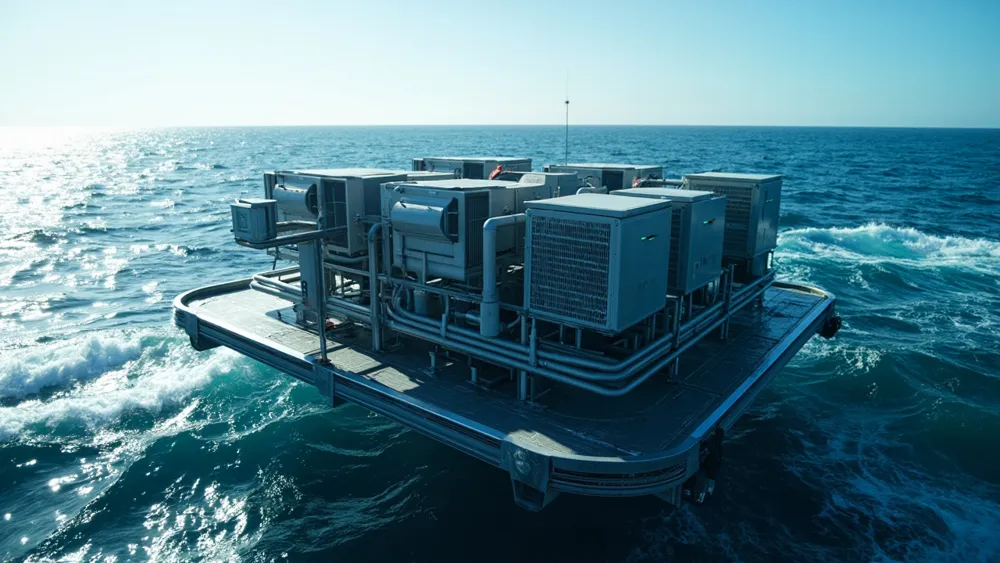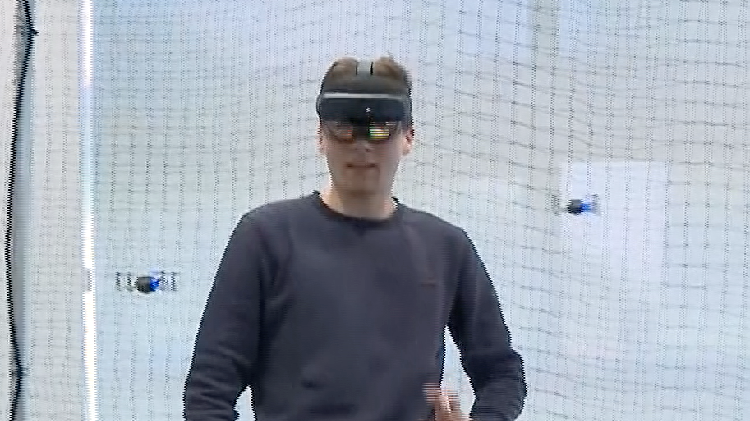First Floating Data Center Partnership

The partnership between Mitsui O.S.K. Lines and Kinetics to establish the world’s first floating data center powered by a generation vessel is an intriguing development in the realm of maritime technology and renewable energy. As the world becomes increasingly reliant on data and cloud computing, this collaboration represents a confluence of innovation and sustainability. It highlights a growing recognition of the need for scalable and efficient data processing infrastructures, especially in remote locations where traditional setups might be impractical.
The proposed floating data center leverages a unique set of advantages over conventional land-based facilities. For instance, it eliminates the need for land use, reducing the environmental footprint of data storage. This is particularly relevant in regions where land is scarce or heavily regulated. Moreover, the capacity to relocate the facility as needed caters to the dynamic needs of data traffic, enhancing flexibility and efficiency in operations. The fact that the project is set to convert an existing vessel allows for a quicker turnaround compared to building new structures from the ground up, a nod to the maritime industry’s capacity for innovation and adaptation. This aligns with broader trends in technological development focusing on sustainability and resilience, positioning this project as a beacon for future initiatives in both maritime and tech sectors.
Ultimately, this collaboration exemplifies how industries can innovate by integrating sustainable practices with modern technology. As we navigate an increasingly data-driven world, will we see more maritime solutions like this emerge as vital components of our global infrastructure? The success of such projects could redefine how we view energy consumption and data processing in the future.
Read These Next

Little Lithuania's Ambitious Space Tech Plans
This article highlights Lithuania's emerging role in space technology through innovative start-ups like Astrolight and Blackswan Space. It explores how the country's investments in space capabilities not only advance technology but also bolster national security amidst rising geopolitical tensions. It encourages readers to consider the potential of smaller nations in shaping global dynamics through engineering and collaboration.

Dutch Researchers Turn to Insects for Sustainable Solutions
Dutch researchers at Delft University launched a lab to develop autonomous drone swarms inspired by insect behavior for various applications.

China's Major Advances in Large Scale Scientific Facilities 2024
China marks 2024 with major scientific advancements, including the completed Jiangmen Underground Neutrino Observatory and FAST's 1,000 pulsar discoveries.
